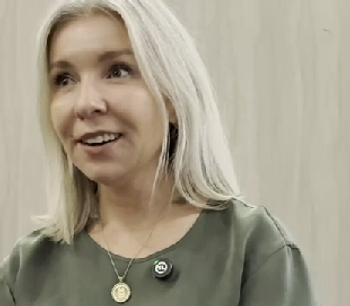
|Slideshows|March 13, 2020
7 Ways to Break Barriers When Working With LGBTQ-Identified Patients
Albina Veltman, MD, FRCPC and Tara La Rose, MSW, PhD, RSW, provide Suggestions on how to create an LGBTQ-positive space in health care settings.
Advertisement
Newsletter
Receive trusted psychiatric news, expert analysis, and clinical insights — subscribe today to support your practice and your patients.
Advertisement
Latest CME
Advertisement
Advertisement
Trending on Psychiatric Times
1
Depression and Long COVID Outcomes in Women: New Data Analysis
2
Presenting Our February 2026 Theme: Bipolar Disorder
3
Investigational Psilocybin for PTSD and Ongoing Trials
4
Patterns of Propensity: A Review of Heinrichs’ How Psychiatrists Make Decisions
5







